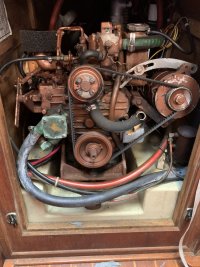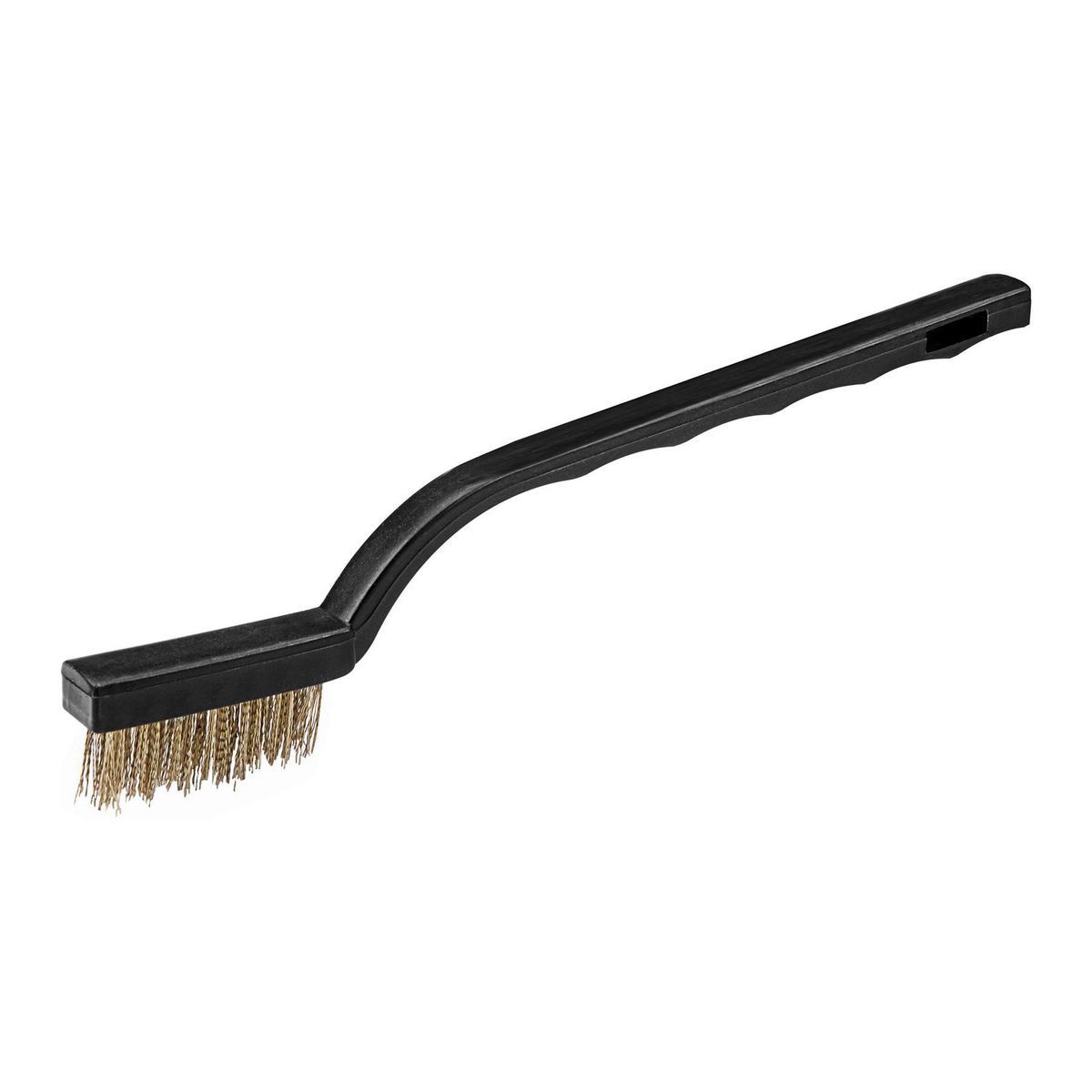K2MSmith
Sustaining Member
My original 1982 M25 engine still runs reliably but it obviously is not a new engine. The paint is peeling off and the diesel mechanic recommends a general refurbishment at some point. I just had alternator rebuilt to fix a tach problem - that was over 800 (but also included adjusting stuffing box).
When I bought the boat I was a bit naive as far as engine replacement costs (especially in this area). I knew the diesel might have to be placed eventually. no big deal how much could a 25 hp diesel engine possibly cost to replace - 5k-10k ?. . Well, I was off by orders of magnitude. A new Yanmar 30 repower with new transmission, panel and controls is going to run about 20-25K depending on prop, shaft etc.). that's almost what I paid for the boat. Not prepared to do that right now.
So my options are :
1) maintain the engine that I have and keep it on life support and make a decision in a year or two (or 3) - maybe even electric or hybrid an option at that point
2) spend money to refurbish (or rebuild ) the engine I have. I can't wait to hear how much that will cost.
3) just get a new engine eventually
Honestly, I don't want to do 3) yet as I've only had the boat less than a year and it still runs fine - budget considerations also put that out of contention if it really costs 20-25K.
Would appreciate any thoughts from owners who have gone through this scenario....
When I bought the boat I was a bit naive as far as engine replacement costs (especially in this area). I knew the diesel might have to be placed eventually. no big deal how much could a 25 hp diesel engine possibly cost to replace - 5k-10k ?. . Well, I was off by orders of magnitude. A new Yanmar 30 repower with new transmission, panel and controls is going to run about 20-25K depending on prop, shaft etc.). that's almost what I paid for the boat. Not prepared to do that right now.
So my options are :
1) maintain the engine that I have and keep it on life support and make a decision in a year or two (or 3) - maybe even electric or hybrid an option at that point
2) spend money to refurbish (or rebuild ) the engine I have. I can't wait to hear how much that will cost.
3) just get a new engine eventually
Honestly, I don't want to do 3) yet as I've only had the boat less than a year and it still runs fine - budget considerations also put that out of contention if it really costs 20-25K.
Would appreciate any thoughts from owners who have gone through this scenario....



